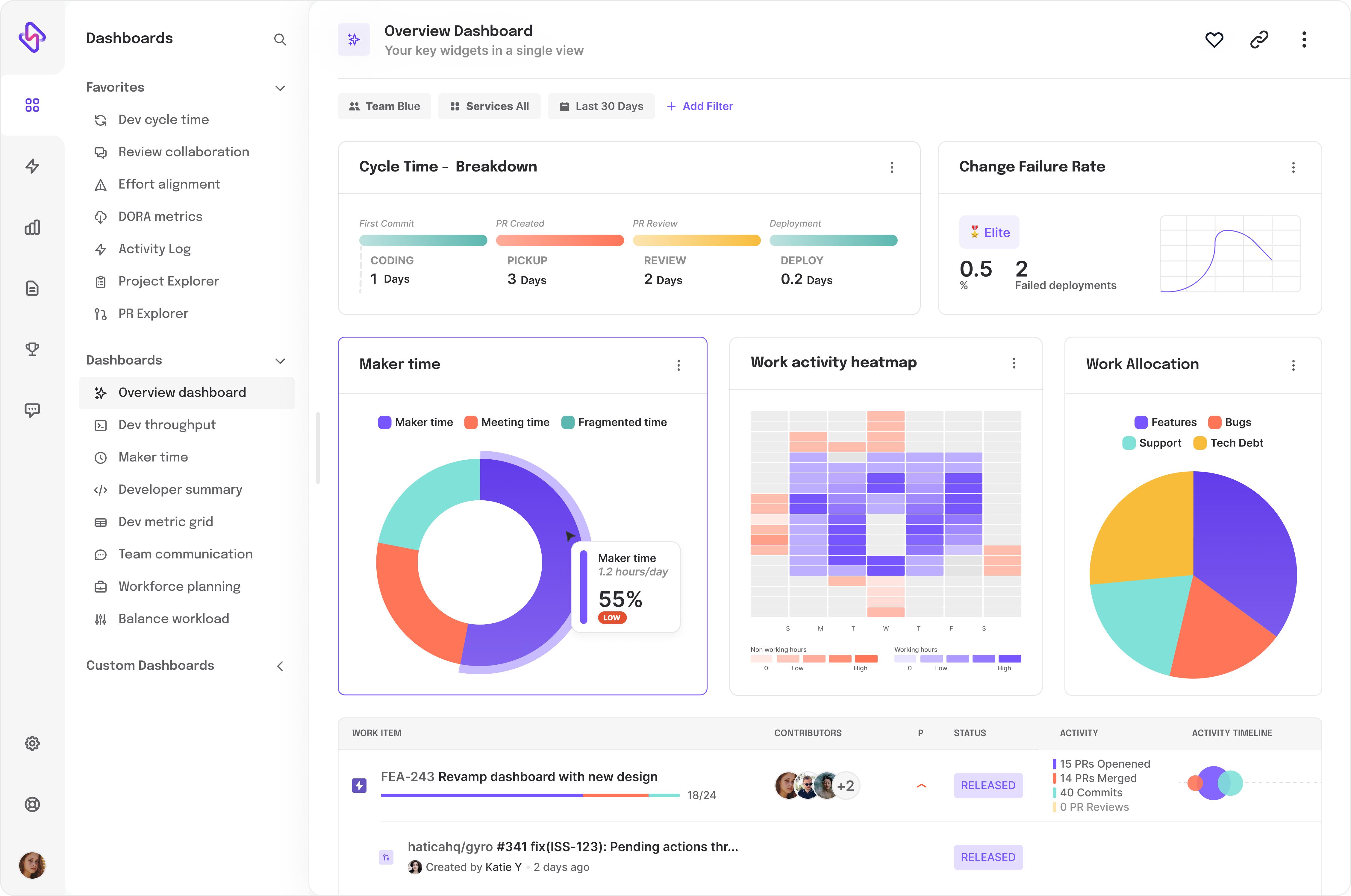Remote work has become an integral part of modern work culture, and its prevalence is likely to continue growing. While it offers flexibility and convenience, remote work can also present challenges in terms of building and maintaining team cohesion. Team cohesion is essential for a positive work environment, increased productivity, and overall team success.
In this blog post, we'll explore the importance of team cohesion in remote teams and practical strategies to improve it.
What is Team Cohesion?
Team cohesion is the rapport between the members of the team that enables them to work together, united, and driven in the pursuit of a shared goal. Meeting goals together is one part of team cohesion, while the other is staying resilient and united as a team in the face of adversity.
A deeper look into what constitutes team cohesion shows that interrelation and solidarity in a team is:
- multidimensional, as in, it is dependent on various factors such as the similarities between the members of the team, their backgrounds, size of the team, and external competencies and threats,
- dynamic in nature since the strength of cohesion between members varies over time, and
- based on a shared purpose or a goal or a sense of belonging that unites diverse people together, despite their differences.
Why Team Cohesion is Important in Remote Teams?
Whether you’re building remote teams from scratch or you’ve moved your on-site teams to a hybrid or remote work model, a renewed focus on cohesion becomes critical in the new normal of remote work. People, as social beings, find motivation, enthusiasm, ideas, creativity, and engagement from the many social interactions they have with their coworkers.
In remote teams, the opportunity to connect with peers, chance upon conversations, or serendipitously stumble upon ideas is limited. This might have an impact on long-term engagement, performance, and the success of workers and teams. In this context, building cohesion amongst remote workers becomes critically important.
It is impossible to overestimate the importance of team cohesiveness. Let's explore how it promotes greater wellbeing, enhanced teamwork, and better employee engagement:
1. Better Employee Engagement
One of the challenges of building a remote team is that remote employees tend to be more disengaged than those that work on site. This is partly due to the isolating nature of remote work where it can be hard for team members to communicate as effectively and as often as in a conventional workplace.
Cohesion amongst team members can solve this problem since a cohesive team not only communicates within itself better, it also collaborates better, and builds connections amongst its members effectively, thereby ensuring better team performance, as indicated by several studies.
Studies have also shown that engaged employees produce far better business results than other employees, across industries, company sizes, and irrespective of economic conditions.







